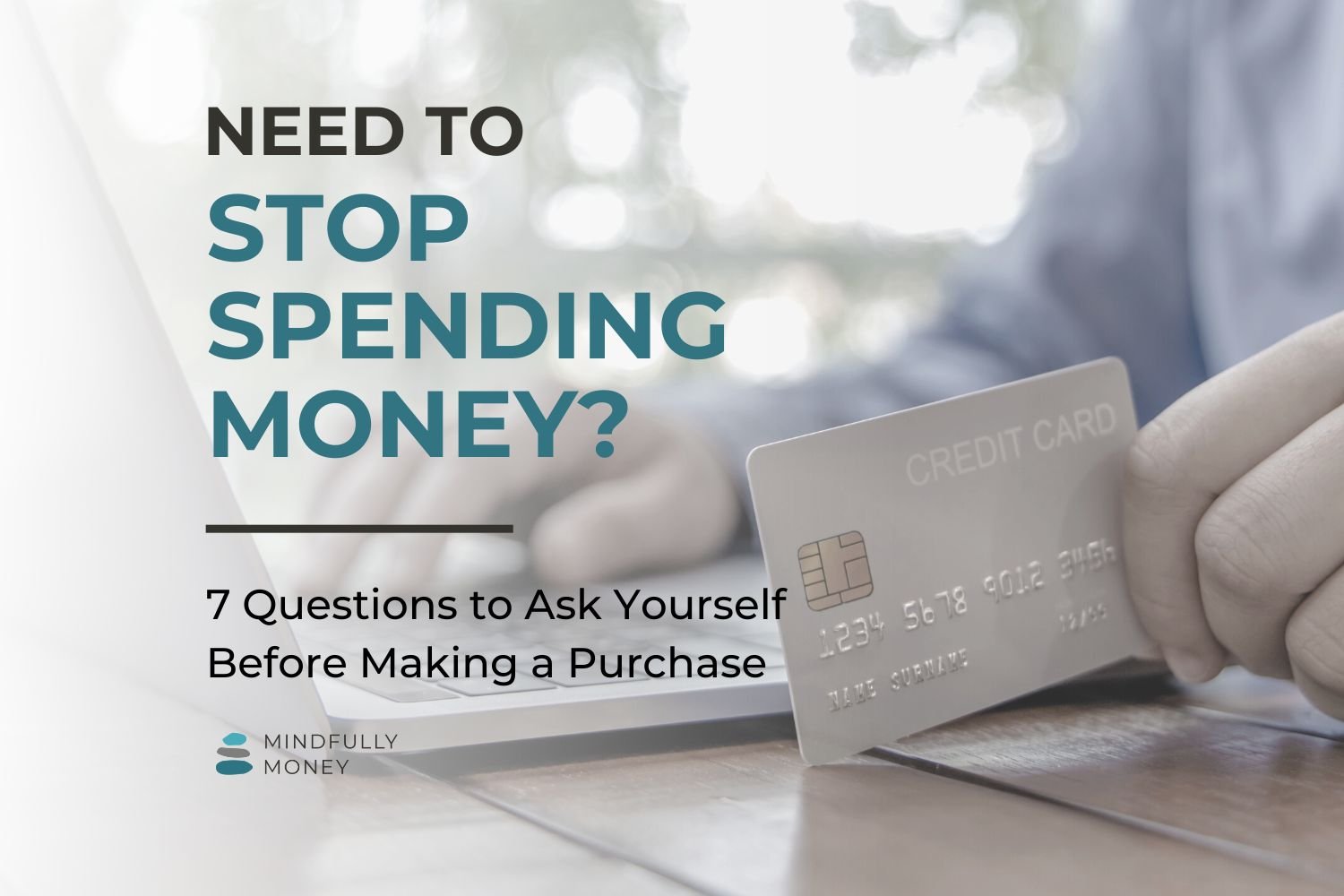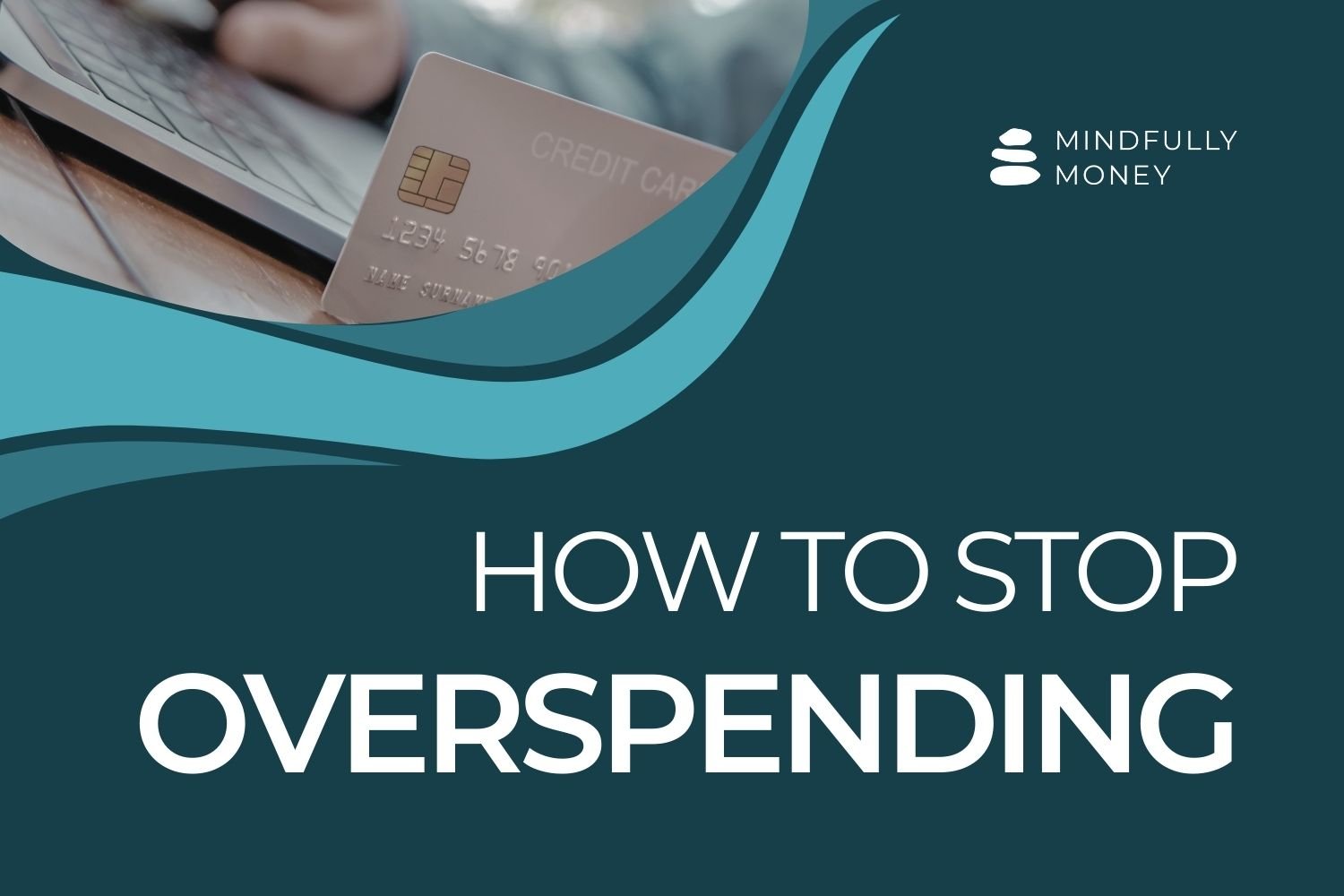7 Basic Money Management Skills Everyone Needs to Master
Many people believe they are 'just bad with money,' but in reality, basic money management skills can be learned and improved through practice. Even if you're afraid to check your bank account balance, there's hope. In this article, we'll explore seven essential money management skills that everyone needs to master to take control of their financial future.
Basic Money Management Skills
1. Budgeting (Knowing Where Your Money Goes)
Whether you have a traditional budget or not, one of the most important money management skills is knowing how much money you have coming in and where it all goes.
This awareness of your cash flow is what allows you to be more intentional with your money and start building a life you love. When you know how much comes in and where it goes, you’re better able to make decisions about where you want it to go.
This is key to meeting your financial goals, whether it is to save more money, get out of debt, make a major life change, etc. It all starts with having a complete picture of your money in and money out.
Related:
2. Saving for the future
Another skill for managing money is saving for the future, and the key is to create a habit of saving. Some of us were lucky enough to learn this early in life as we watched our parents save money for their own futures.
But if that wasn’t you, there’s still hope.
To get started, identify how much you’d like to start saving and make a plan for when and how it will happen. You could schedule time in your calendar for when you will transfer money to a savings and/or retirement account. Or, you could automate it and have your bank do it for you on a regular schedule.
Remember, it’s okay to start small if you don’t have much to save right now. Create the habit of saving now, even if it’s just $10. Then work over time to increase the amount.
3. Having backup money for when things don’t go as planned
Having backup money (or having an “emergency fund” or “oh crap fund,” as many people call it), is what helps you pay the bills when things don’t go as planned. Maybe you lost your job, your house was destroyed by a tornado, you accumulated expensive medical bills, or the furnace went out in the middle of winter.
Whatever happens, you’ll need some money to get you through it. Which is why you need backup money—savings that will cover anything out of the norm.
Plus, I can’t state enough how much more secure you will feel about life when you have the confidence that things will be okay if something goes wrong. It’s incredibly helpful for your mental health and general well-being.
4. Understanding opportunity costs and being intentional with spending
Most of us cannot afford to buy whatever we want whenever we want, so we have to make choices with where we spend our money. You have to understand that every time you spend money on one thing, you’re giving up the opportunity to spend money on something else. This is called the opportunity cost.
Identifying the opportunity costs allows you to intentionally spend your money in ways that support your best life. You can decide if buying that daily coffee is more or less important than saving for the vacation you want. You can decide what you’re willing to give up while you work toward being debt free.
Aligning your money with your values and life goals is key to living a happier, more meaningful life.
5. Living within your means
It may feel like living within your means is a money skill only poor people need, but there is no correlation between the amount of money you have and who lives within their means. I’m looking at you with the boat and the jet ski and the cabin and the second mortgage, but no retirement savings.
If you want to build wealth, you have to live within your means. You have to spend less than you earn.
That does NOT mean you can’t take on debt to buy a home, renovate a home, buy a car, go to college etc. It DOES mean that you need to make sure you can afford the payments AND save for retirement, pay the bills, etc.
Related Articles:
6. Building Credit and Using Credit Responsibly
Your credit score is one of those things that seems like it doesn’t matter until all of a sudden it very much matters. Your credit score and credit history affect your ability to get loans, the interest rates you receive, your ability to get a lease for an apartment, insurance rates, utility costs, and sometimes even your ability to get a job. That’s why building credit and using it responsibly is an important basic money management skill.
How to Build Credit
Building credit involves using credit and paying certain bills on time. The goal is to show the credit bureaus (that collect the information) and lenders that you can be trusted to pay your bills. When you do that, lenders are more likely to give you loans (such as mortgages) and give them to you at a lower rate.
The easiest way to do this is to have a credit card that you use responsibly, meaning you don’t max it out and pay your credit card in full and on time, every single month.
(There’s a lot more that goes into building and maintaining credit. Be sure to check out my guide to credit scores to learn more.)
How to Use Credit Cards Responsibly
In the personal finance world, there are some people who will tell you that you should never use credit cards. To some extent, this is understandable since many people get into significant debt through using them. But it IS possible to use credit cards responsibly. In fact, they can be a helpful tool for making payments, keeping track of spending, building credit, earning rewards, and more.
The key is to use them responsibly. In other words, you:
Use it to buy things when you already have enough money to pay the bill
Pay the full statement balance every single month
There may be times when you have to use credit cards in an emergency where you don’t have the money on hand to pay for what you need, but this should be a rare occurrence. The best thing you can do is think of your credit card as a debit card where the money is immediately deducted from what you have on hand. Doing this will help you avoid overspending and ending up with unmanageable debt.
(If you already have credit card debt, check out my guide to getting out of debt.)
7. Investing and Building Wealth
Investing is essential for building wealth over time, especially as people are living longer, traditional pensions are becoming less common, and inflation erodes our purchasing power. Investing helps you build long-term financial security, prepare for retirement, achieve your long-term goals, and pass on wealth to future generations.
Although investing can seem scary and risky, it’s key to growing your money. The reason for this is compound interest and returns, where the money you’ve invested earns interest, and then that interest starts earning interest too. This means that the longer your money is invested, the more it can grow.
What most people don’t realize, is that NOT investing is also risky. The risk is that you will not grow your money enough to cover retirement expenses and meet your needs. In addition, inflation will erode your purchasing power over time and your money will actually lose value.
Of course, investment returns are not guaranteed, which is why it is important to adopt the right mindset, think in terms of long-term growth (because the market has historically always risen over longer periods of time), and use a solid investing strategy. If you need help, work with a Certified Financial Planner or licensed investment advisor who is a fiduciary (meaning that they are required to advise you on what is best for YOU instead of what makes them the most money).
How To Get Started with Investing
Most people begin investing with a retirement account. A retirement account is like a bucket that holds investments. So you put the money into the retirement account, and then you use that money to buy investments that are held inside that account. (Do not make the huge retirement saving mistake of putting money into your retirement account and then NOT investing it!)
Sign up below to get my free guide to retirement savings for complete beginners. It will walk you through the steps of deciding which retirement account to use, where to open the account, and an overview of types of investments you could buy within your account.
(Although it’s good to start early, it’s never too late to start saving. Here’s how to get started.)
Pin this image to save for later:








